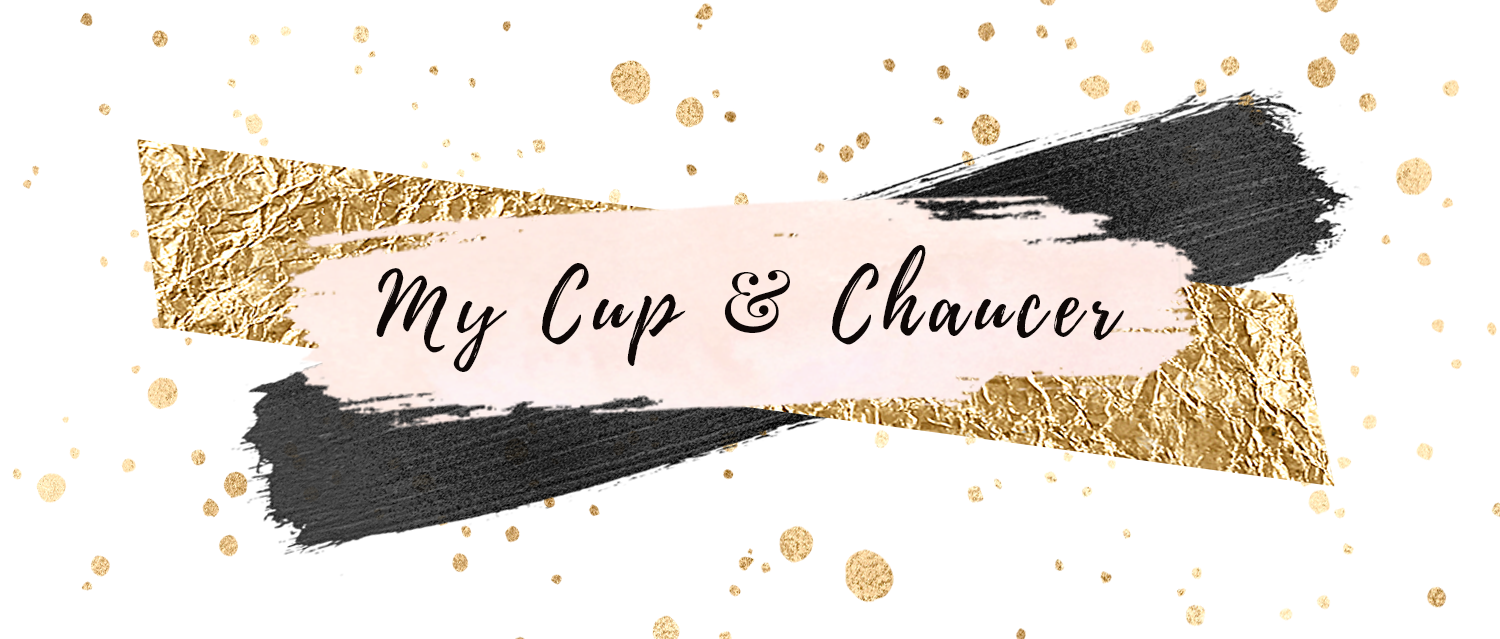Sometimes you read a book that is surrounded by a great deal of hype and you love it–you completely understand what people are raving about. Other times you read a book that is surrounded by a great deal of hype and you can’t help but feel like you missed something–the final word has been read and yet somehow you aren’t convinced. Unfortunately with Stephen Chbosky’s The Perks of Being a Wallflower, I fall into the latter category. This was one of those “I’ve been meaning to get to this” books for me and although I’m glad I have read it and can actively participate in discussion about it (especially since the movie adaptation is due to hit cinemas next month), I might disappoint people with what I have to say about it. Don’t get me wrong, I have some positive things, very positive indeed, to say about it. I still, however, find myself in the “liked it” rather than the “loved it” category.
Contrary to what you may think, Perks has been around for a while–it was first published by MTV Books in 1999. Chbosky began writing the novel in the early 1990s when he was in his early 20s, which he describes as a loosely-autobiographical novel his adolescent experience. The story is told via letters in epistolary format, and to Chbosky’s credit sometimes I forgot I was even reading what is essentially a book of letters. Epistolary novels are hard to do well and he absolutely nails it. The novel opens with our protagonist, sixteen year-old Charlie, starting his freshman year with the tragic suicide of his friend and classmate, Michael. The novel covers the perils of Charlie’s first highschool year and though the letters to his unknown friend and confidant, readers follow Charlie as he encounters many unfamiliar (yet widely experienced) teenage and adolescent issues including exposure to drugs and alcohol, sex, sexual and domestic abuse, and homosexuality.
Chbosky’s not-particularly-delicate handling of these issues resulted in Perks being banned in certain schools across America, but often when we are faced with these issues in real life they tend to fall upon us abruptly and all at once. While, unlike Charlie, adolescents tend not to experience everything the course of one school year, the line between adolescence and adulthood undeniably becomes murky during the teenage years and Chbosky captures this period of time beautifully. Although Charlie is aware that strange things are happening, he is not emotionally prepared to handle the situations and tends to react in socially awkward and sometimes downright surprising ways. Despite being praised by a supportive and kind teacher as one of the brightest minds he’s come across, Charlie’s awkward and unexpected reactions led me to assume he had a mild form of Asperger syndrome or autism. Such a diagnosis would explain his acute perception skills and ignorance towards certain experiences, such as masturbation. There is a reason for Charlie’s strange behaviour, bringing us to my major criticism of Perks–for a novel that at times is exquisitely detailed, the climax of the novel is rushed, hurried and, in my opinion, poorly handled.
Perhaps I would have been able to relate to Charlie and his friends on a deeper level if I was younger. Don’t get me wrong, the early to mid 20s are fully of scary experiences and sometimes I feel like I’m living a nightmare, but at certain points of Perks I found characters’ responses to familiar experiences entirely alien and unfathomable. I don’t think I am that detached from adolescence that I can’t relate to the awkwardness and nervousness that accompanied general day-to-day life. Perhaps that was Chbosky’s intention, but I can’t help feel that he tried to cover too many social issues with too many different characters in too short a novel.
My favourite element of the novel is the sneaky philosophical wisdom that Charlie writes in his letters from time to time. He writes a startling paragraph about glory days that has the potential to cause readers (this one included) to reflect on their own school days and teenage years, faced with the sheer terror that maybe their own glory days have already passed them by. Towards the end, Charlie recounts a story he read that ends with “I would die for you, but I won’t live for you” and reflects on the importance of every person living for his or her own life, and then making the choice to share it with other people. This starts to head down the line of thinking that if you don’t love who you are, it is impossible to expect anyone else to love you, and again we begin to cross into some deep psychological thinking. Charlie wraps up Perks, once the cause of his strange behaviour is revealed, with the attitude that even if we don’t have the power to choose where we come from, we can still choose where we go from here–a meaningful lesson to learn. I can really appreciate it when YA fiction can weave messages into the story in the most gentle and subtle of ways, and I think there can be a lot to learn from this novel… even for adults!
I will be checking out the film adaptation once it hits screens next month. The casting is fabulous, the soundtrack is simply perfect, and most interestingly, Chbosky has written the screenplay and will also be directing the film. A lot can go wrong when an author controls the film-making process but, as I predict will be the case with Perks, a lot can also go right.
